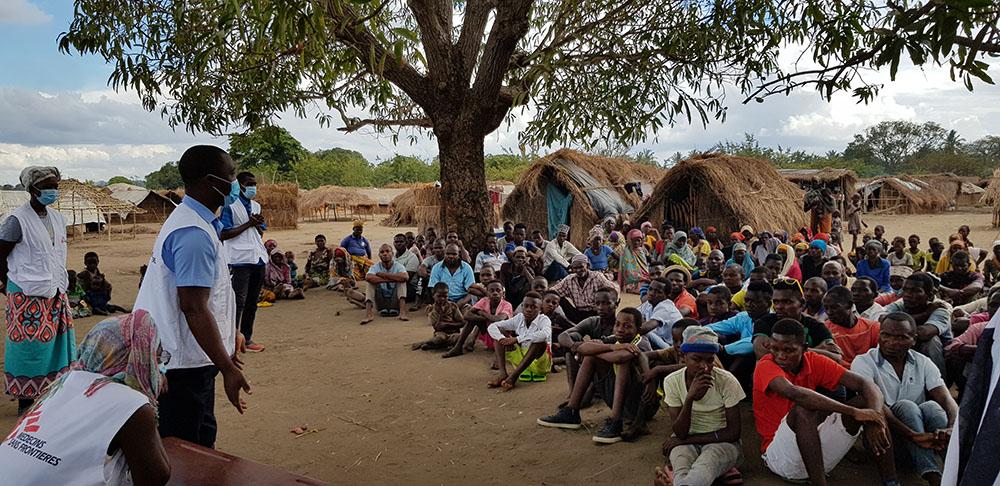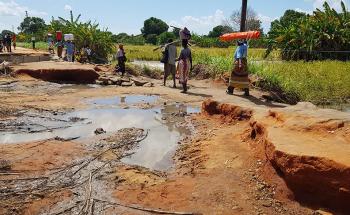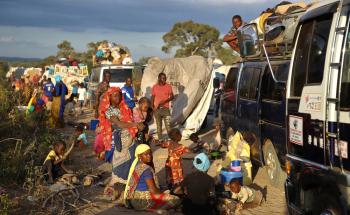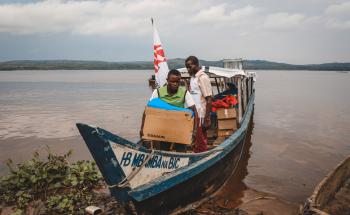From mid-2020 until March 2022, MSF responded quickly and effectively to the humanitarian crisis in Metuge through mobile clinics and different teams in IDP camps, providing primary healthcare, sexual and reproductive healthcare (SRH) and mental health efforts, as well as WASH activities. Now, MSF is handing over activities to the Mozambique Ministry of Health as we focus resources on other emergency activities in the province where medical humanitarian needs are critical and urgent.
The project in Metuge, Cabo Delgado, Mozambique, was possible with the work of more than 60 Mozambican medical professionals, logisticians, administrators and other key staff. Here, four of these share their stories, achievements, and learnings.
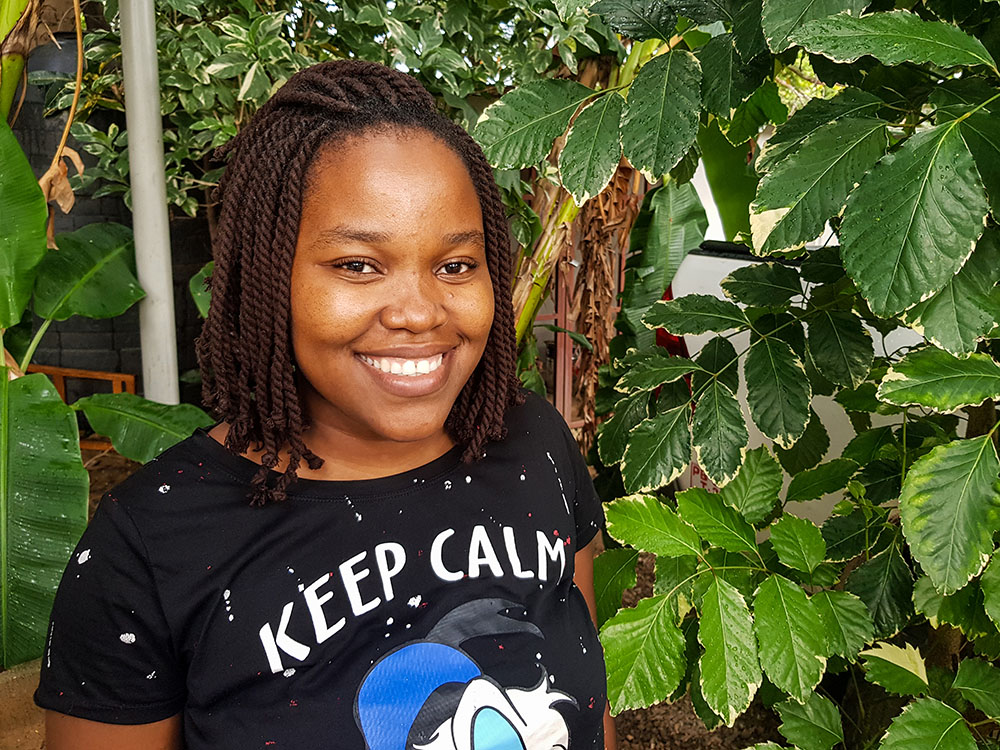
“I worked for 9 months in the Metuge project. I was a translator for the mental health team. When I arrived, I didn't know anything. I had to learn a lot of new things. After a while, I got the hang of it. People had just arrived from their places of origin. There was a lot of crying. There was a lot of depression. People didn't talk, they didn't eat. A lot of people we talked to couldn't see a way out.
They always wondered: “Why are we here? When will we go home?”. Some children had witnessed the murder of their parents. For me, one of the most challenging things was to support them only with words and also translate everything accurately. We tried to start conversations but respected each person's time. We showed that they could trust us and we were there to listen. At first, they just stared at us without saying anything. Then, over time, they would open up and look for you to talk to.
After a few months we could already see some positive changes: children started going to school, they could socialize with others, and women created support groups between themselves. Many ended up having to reinvent their lives. Maybe if they hadn't had mental health support, they'd still be depressed. I personally learned in this project that not everything in life is about money. From this project, I take humility and solidarity.”
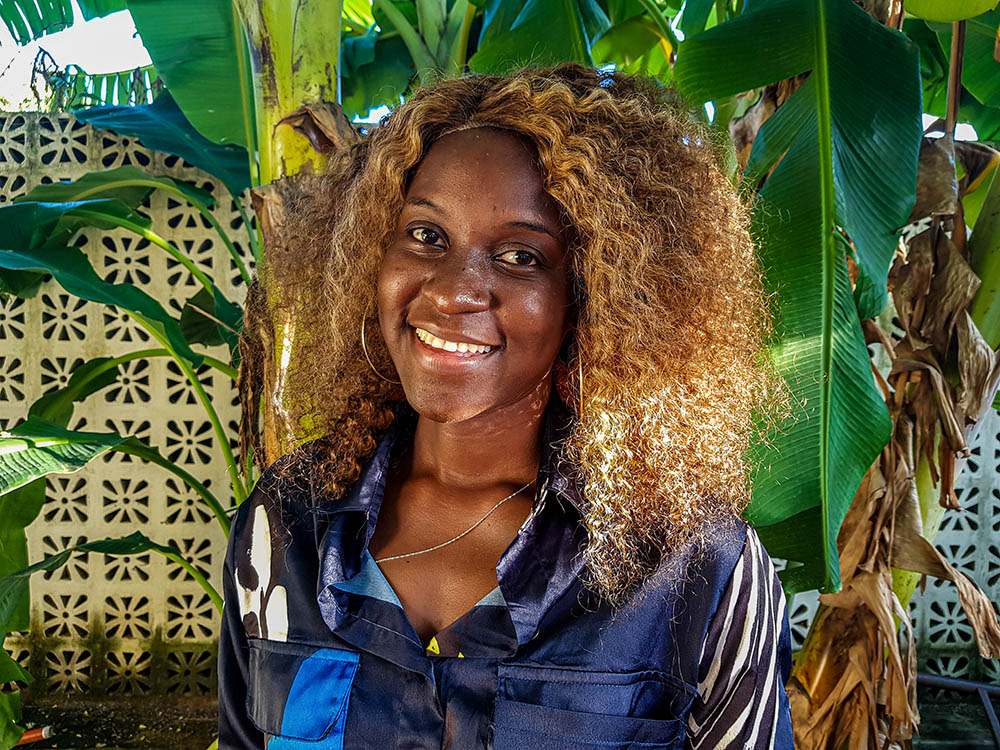
“MSF's presence in Metuge was very important. The people there really need support. I, personally, have learned a lot. Sometimes, we in the administrative department are very detached from the projects. In the past, when requests came from other departments I always wondered, “Why is this necessary? Why the urgency? Why so much stuff? Where does it all go?”. One day, I went to Metuge to support the human resources department and that day my world really changed.
I saw that nothing was wasted and that people really needed everything we were doing. I was very moved. I also ended up hiring a lot of people who lived in their own camps, displaced people. Recruitment in the camps is not easy, but it is important not only for our acceptance in the community but for the empowerment and opportunity we can give to people. It was very rewarding when I returned to the camp and noticed a positive change in the work of someone I hired there.
This project taught me a lot. A lot of professional things, but more than anything, I learned to empathize. You can only understand it when you feel it.”
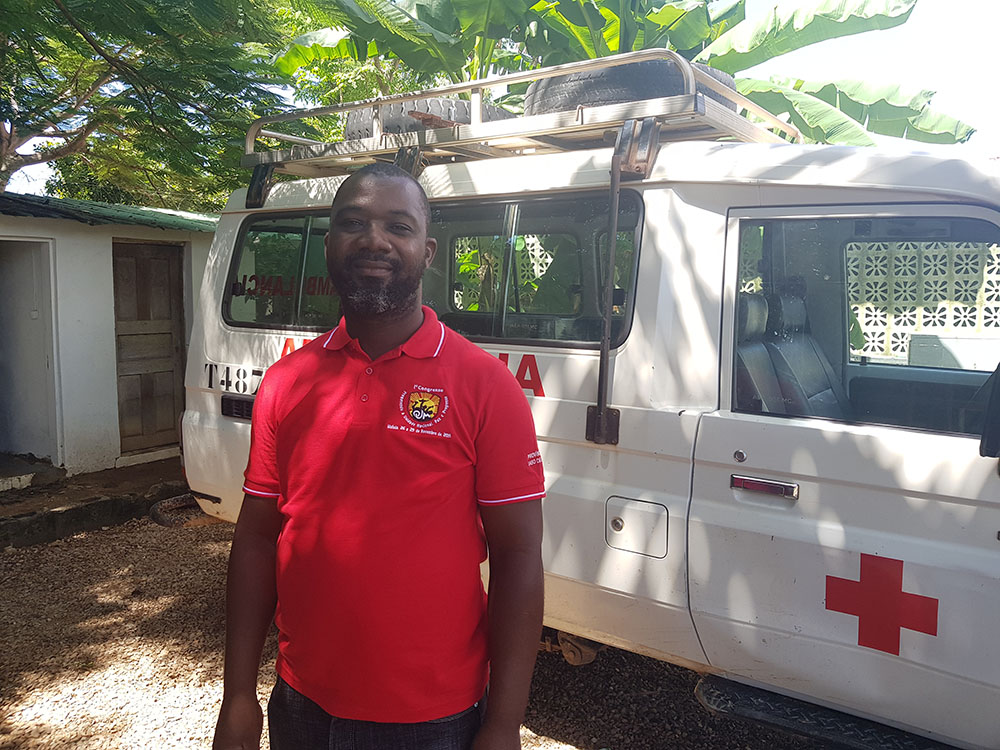
“Before working with MSF I worked with people living with HIV. So, working in mental health was a great challenge and I confess that before this experience I often didn't take it as seriously. At first, I didn't really understand it. Over time, I learned things that changed my behaviour and things in my personal life as well. Once that happened, I became a better professional.
As community mental health workers, we often did psychological first aid and also psychosocial training in the community.
People had a lot of anxiety and despair because they wanted to return to their homeland as soon as possible. They wanted to keep doing what they did before. So, in our activities, we always encouraged them to be supportive of each other, to create community spaces, and to engage in activities that give meaning to their new daily lives. We did sessions with adults and children and also organized recreational activities.”
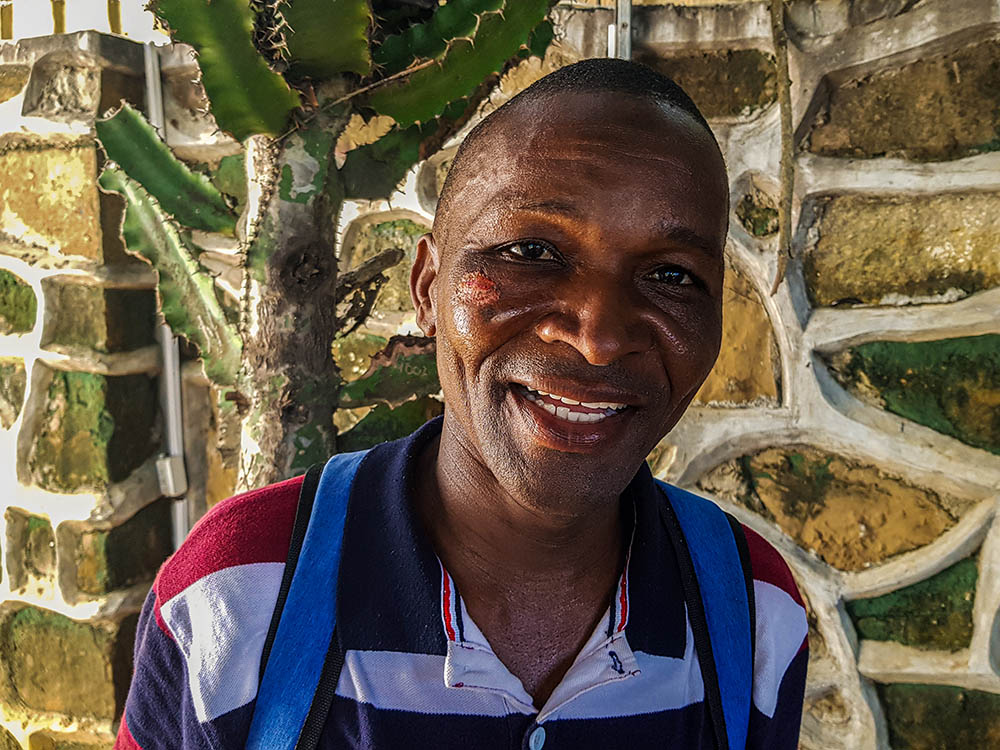
“I worked on the Metuge project for more than a year. There were many things that the community needed, but I was especially happy to be able to help people in relation to health. You may have many material things in life, but if you don't have health, you have nothing.
People really accepted MSF's work in Metuge. This was very good. It didn't matter how old someone was. It could be a child, an elderly person, whatever it was, everyone trusted our work and people knew that we were there for everyone.”
